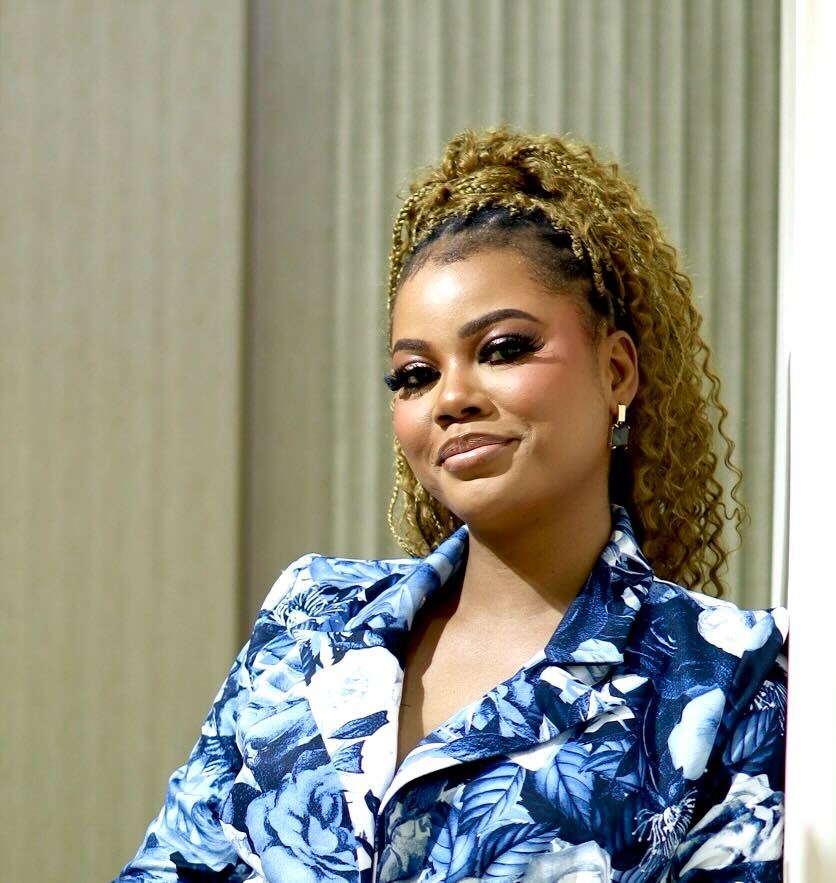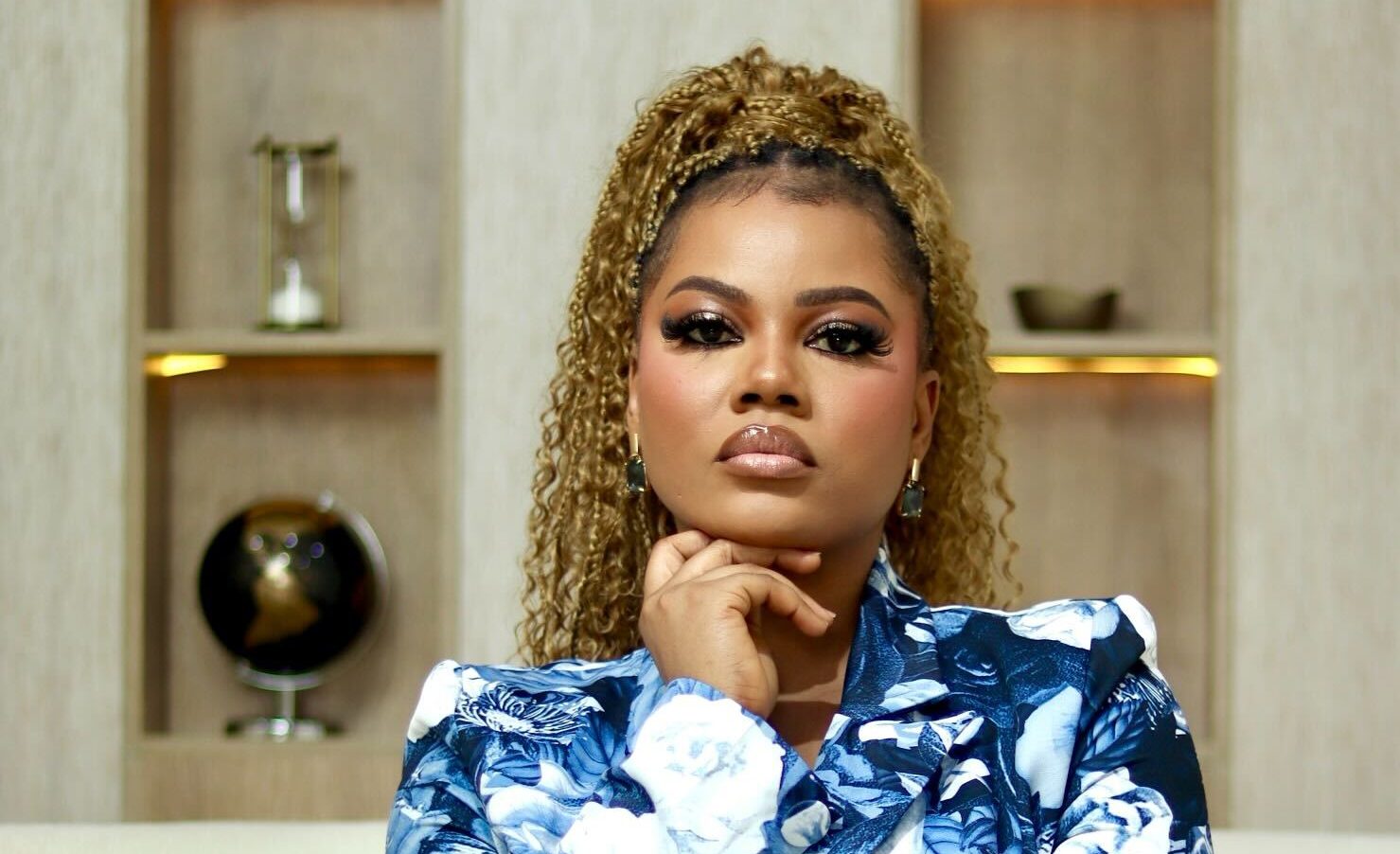Chinwendu Ohakpougwu is the Communications Manager at Paga Group.
Something happened recently that every brand and communicator leader should pay attention to. A major, long-standing African fintech brand – one of the continent’s true pioneers – quietly achieved a huge milestone; a successful international expansion after more than a decade of consistent building.
And yet… silence. No buzz on tech Twitter. No flood of “we love to see it” posts. Just some polite reposts from industry insiders and media. A few days later, a newer, flashier fintech announced a big funding round – and the internet erupted. Tweets, hot takes, applause, confetti. My feed looked like a tech carnival.
So I asked myself: How does a brand with credibility, stability, and real achievement get drowned out by the noise?
- Familiar Excellence Syndrome
Sometimes, people stop clapping not because you’ve slowed down – but because they’ve gotten used to you doing great things. When a brand has been excellent for too long, its wins stop feeling like news. They start to feel like expectations. It’s the curse of consistency – audiences stop reacting not because they’ve lost respect, but because they assure you no longer need their validation. But here’s the paradox: consistency is actually harder than novelty. Hype is easy. Longevity is discipline.
- The Market Now Rewards Momentum Over Mastery
The modern attention economy doesn’t reward quiet success. It rewards visible progress. Founders who share constantly – tweeting lessons, announcing partnerships, narrating every new phase – command the spotlight. Brands that stay understated risk being mistaken for outdated.
Quiet excellence feels noble internally, but externally it can read as absence. And absence, in a market this noisy, quickly becomes invisibility.

- Legacy Needs Reintroduction
Here’s the truth: legacy doesn’t trend – it has to be reintroduced. A brand that’s been around for years can’t rely on old memory equity. The ecosystem is constantly changing. New audiences emerge. Attention resets.
If you don’t tell your story with context, nostalgia, and relevance, people assume the story is over. Even the most respected brands need to re-enter the conversation periodically – not by reinventing their product, but by reframing their significance.
- Relevance Is a Communication Function, Not Just a Product One
We often assume relevance is about innovation – new features, new partnerships, new markets. But relevance is also a communication game.
If you build quietly, you must narrate your evolution loudly enough for people to feel your progress. That doesn’t mean chasing virality. It means connecting emotionally. Stories keep legacy alive. Without them, even excellence fades from memory.
- The Lesson for Every Brand
Whether you’re a startup or a scale-up, this dynamic holds true. People don’t amplify what they respect, they amplify what they feel connected to. If your audience stops reacting, its not rejection. It’s a signal: your story needs new energy. The challenge for legacy brands is to make mastery magnetic again.
The brands that endure don’t just build. They reintroduce themselves – again and again – reminding people why they mattered in the first place. Because silence isn’t always a reflection of irrelevance. Sometimes, it’s the world waiting for you to tell your story in a way that feels new again.
Have you ever seen a great brand lose its cultural “buzz” simply because it stopped narrating its wins? What do you think legacy brands can do to stay emotionally relevant?





